Graham Reid | | 3 min read
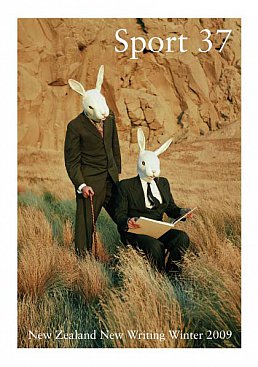
Often considered a barometer of contemporary New Zealand writing, the long-running Sport can in truth no more be a measure of our literary world than a Christmas compilation CD is a clue to the state of local music.
Disparate voices, topics, concerns and styles are all evident in Sport’s clean and readable layout -- but that is the attraction: here is a free-wheeling journey in the company of diverse travelling companions on their journeys to who knows where.
Sport 37 is a pick-up and put-down compendium of some familiar names (in this issue Ian Wedde with a lengthy centre-piece poem, and Bill Manhire), mid-careerists and those new to the literary scene.
There can therefore be few common threads, although it would be fair to observe the tone is educated if not academic, European Pakeha for the most part, and sometimes slightly self-conscious.
Figures from popular culture interpose themselves as ciphers: the dark presence of Mark E Smith of the literary, post-punk band the Fall in Amy Brown’s tense poems; Elvis in Tony Beyer’s amusing The Acolyte and Colin McCahon was an Elvis Impersonator; U2’s self-important film Rattle and Hum in Tom Weston’s poem Captain’s Rounds.
These are all useful shorthands into cultural zones, as is “someone rolled Jaffas down the aisle” in Helen Rickerby’s When The Lights Go Down, one of three poems about life at the movies where the cinema of unease has infiltrated the poetic imagination. Chris’ life, as directed by Ken Russell is along these lines, “it’s been one explosion after another”; and Helen’s life, as directed by Christine Jeffs is typically bleak, “I spend a lot of time in the bath/or else/contemplating water/Drowning is an ever-resent possibility”.
Presumably this was written after Jeffs’ Sylvia (about Plath) but before the poignant Sunshine Cleaning.
Better is elsewhere, as in Anna Livesey’s gentle, tragi-comic consideration of dressing her aged mother with her sister: “Next time be more careful, this mother is broken, I said”.
The opening short story is by Eleanor Catton, obviously a rising star. Descent from Avalanche dissects the emotions of a couple with sympathetic but unnervingly forensic precision through their internal monologues. A raw, elemental landscape is beautifully sketched out as a metaphor of the relationship’s bleak and rugged topology. Questions are left hanging when the outside world arrives as a rude intruder, but we know each partner can never return to who the other thinks they are. Exceptional writing.
Elsewhere however there are some trite pieces.
Charlotte Simmonds’ encounter in Proposition of the Week might have better made a student film; and Robyn Marsack’s Home Thoughts From Abroad is an essay of mostly personal but somewhat mundane observations of a bookish New Zealand childhood from a distance which serves only to tick off boxes: summer days, hula hoops, Washday at the Pa, Katherine Mansfield, English magazines . . .
This is a familiar reverie made no more relevant by her being in Scotland compiling a book of New Zealand poetry and feeling outside her culture.
In Sport’s pages it is the work of this moment which is more impressive. Tom Weston astutely captures the cellphone/Twitter epidemic in The Future is More of That: “A message from the beach, fingers jabbing/and making the air work, filling the air with letters/the experience shared even as it happens . . . Everything driven to the present, history/the blink of an eye before the last blink, a world/choir in unison, rehearsing incessantly, babbling/and not listening . . . This is your soul out there . . .”
Chloe Lane gets the Ronald Hugh Morrieson Prize for the best first line in her very short story Tentatively Joined: “Now someone has graffitied the pigeon.”
The seduction of overseas is here, but characters from Poland or Mexico (as in Lawrence Patchett’s neatly observed pieces) or people with exotic-sounding names resonate no more for that suggestion of a back-story.
Humour, as in so much New Zealand writing, is in short supply but Philip Armstrong’s wry and layered essay A Report on the New Zealand White, and Marty Smith’s edgy poems (notably the amusing Hat) redress the imbalance.
Death, usually a pivot if not a Greek chorus in our writing, isn’t taken quite so seriously and is almost -- mercifully -- absent.
But Tony Beyer’s Jane’s Painting is an especially lovely, economic and moving tribute to a late friend which ends, “busy vigorous generous loud/not nearly/for long enough”.
It is a sentiment that could be applied to the best writing here.

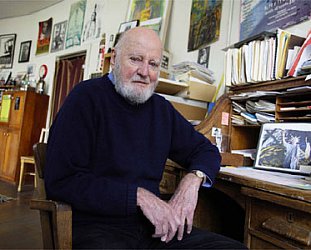
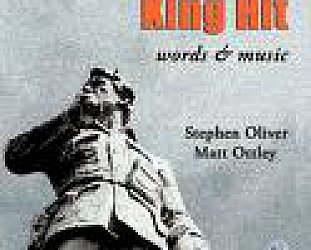
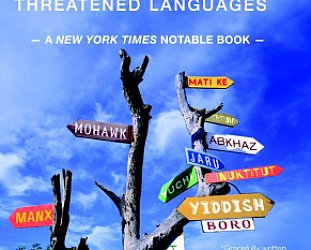

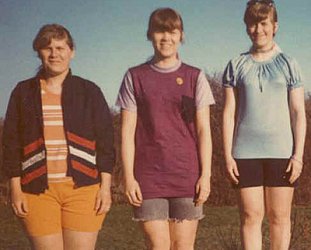
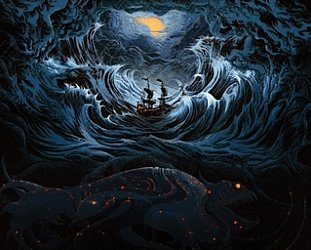
post a comment